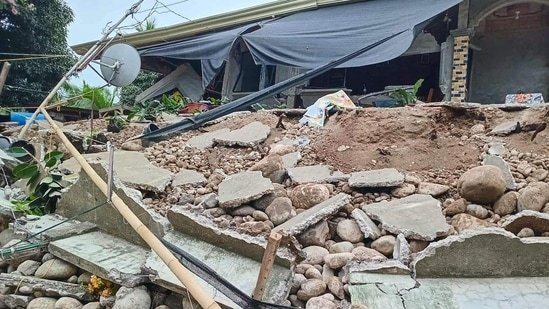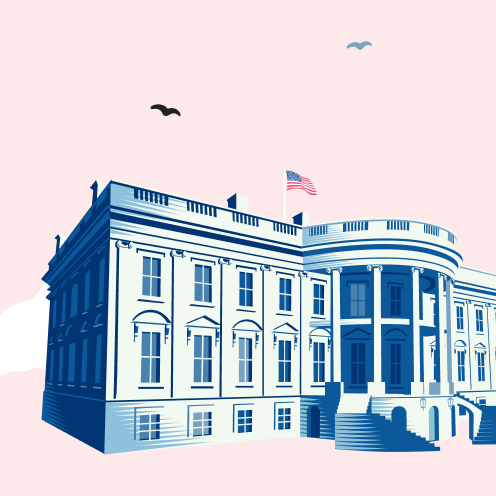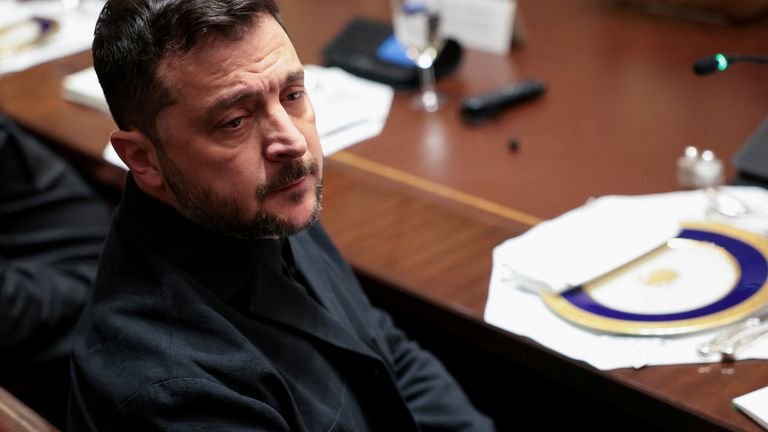Treasury Secretary Scott Bessent said Wednesday he plans to coordinate with allies to counter China’s weaponization of rare-earth minerals. It’s the right move, though he might find it easier to rally the world if President Trump weren’t also hitting our allies with unprovoked unilateral tariffs.

Mr. Bessent earlier in the week accused Beijing of pointing “a bazooka at the supply chains and the industrial base of the entire free world,” by threatening global export controls on products that contain even minuscule amounts of Chinese rare earths. He’s right. China has a stranglehold on these minerals, and it’s a serious problem.
Rare earths are required for all sorts of electronics, auto parts, AI chips and chip-making equipment, medical devices, drones, Tomahawk missiles and much more. China accounts for about 70% of rare-earth mining and more than 90% of refining. Beijing now plans to make foreign companies get its permission to export these and most high-tech goods.
The Chinese Communist Party’s primary goal is to bully the U.S. into easing its export controls on AI computer chips, chip-making equipment and other technologies. The Chinese are also seeking to coerce other countries to stop cooperating with U.S. export controls.
“We’re going to have a fulsome, group response to this, because bureaucrats in China cannot manage the supply chain or the manufacturing process for the rest of the world,” Mr. Bessent said Wednesday. He added: “We’re going to be speaking with our European allies, with Australia, with Canada, with India and the Asian democracies.”
A united front will give the U.S. more economic heft to counter China’s coercion. Japan’s Finance Minister Katsunobu Kato this week called for G-7 countries to “unite and respond” to China’s economic aggression, as they have to Russia’s war in Ukraine. The troubling reality is that the U.S. all by itself might not be able to defeat China in a military and technological arms race.
The U.S. will need backup from allies that have other cards they could play against China. The Trump Administration has sought the expertise and assistance of South Korean shipbuilders. It could likewise cultivate trade partnerships to develop alternative sources of rare earths, which might include India, Malaysia and Australia.
The Defense Department this summer announced a deal to help MP Materials build out a domestic rare-earths supply chain. But it will be hard for the U.S. to scale up rare-earth production in the short term, and maybe even the medium term, not least because of destructive U.S. permitting obstacles. A technological breakthrough on the scale of hydraulic shale fracking might be needed if the U.S. is going to produce significant amounts of rare earths, and the Energy Department is funding research into novel, more efficient production processes.
But building alliances is as critical to countering China’s economic aggression as it is to containing Beijing’s imperial ambitions. American allies are equally victims of China’s mercantilism, and they don’t like how it’s menacing the neighborhood and abetting Russia’s grinding war in Ukraine. The problem is that Mr. Trump has strained U.S. friendships by pointing his own tariff bazooka at their supply chains and industrial bases.
“If China wants to be an unreliable partner to the world, then the world will have to decouple” from China, Mr. Bessent warned. That may be, but the Administration’s call for a united front against Beijing would be stronger if the U.S. acted as a reliable trading partner.

All Access.
One Subscription.
Get 360° coverage—from daily headlines
to 100 year archives.

E-Paper

Full Archives

Full Access to
HT App & Website

Games
Already subscribed? Login






